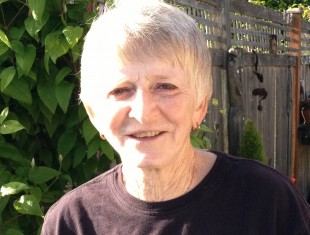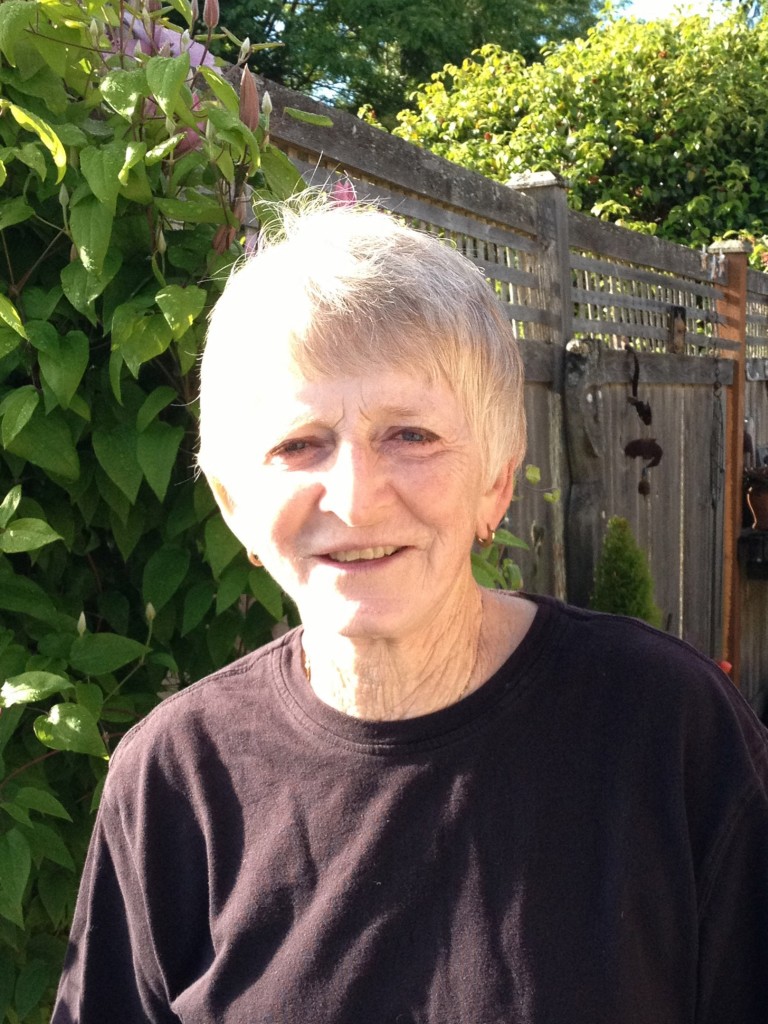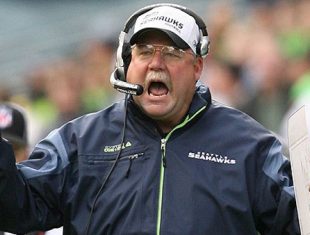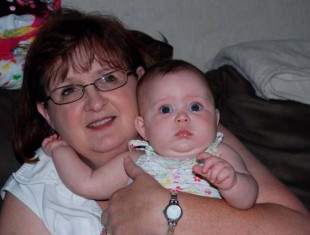By Terry Mosher
Editor, Sports Paper
Part II
Betty Rankin had gone through an uneasy, but thoroughly learning year in Springfield, Mass., and now she was eager to get back to school so she could better herself on the professional level.
So after a year of teaching PE at a trade high school in Springfield, Rankin returned home to Centralia. In the fall of 1963 she returned to the University of Washington where she had gotten her undergraduate degree to study for a masters in kinesiology.
The job market back then was much, much better than it was today, and there were plenty of opportunities for her once she collected her masters. The one she choose landed her at San Jose State teaching kinesiology, and coaching the gymnastics team.
It wasn’t a big leap for Rankin to coach gymnastics. She had a great grandfather in Germany who was an expert tumbler. During World War II he joined a group of men who were against the Third Reich established by Adolph Hitler.
“I was hired to do one of those things I could do,” says Rankin. “Growing up, besides playing fastpitch, I could tumble. My great grandfather had a fascinating background. He was anti- (third) Reich and he and all of his buddies that were against the government went underground.
“They formed as the group the ‘Gymnastics Society’. They would live in basement of houses so people didn’t know who they were. They kept fit by doing gymnastics. They started out doing calisthenics and then did tumbling. They started jumping over a horse – a padded thing they developed – did parallel bars, climbed ropes.
“He kept to himself until he was able to escape. He came to this country by hiding in a barrel of grain that was loaded on a ship.”
Rankin said when she was about four she would go to the local Grange on Saturdays with her parents and her great grandfather would shove the tables back in the cafeteria and would teach her and other kids how to tumble.
“When he was like 85 he could do back handsprings the length of the cafeteria,” Rankin said.
So when Rankin got to San Jose State she was prepared when the school decided to develop a gymnastics program. So in 1964 she was coaching the gymnastics team that competed against other schools in California who were also developing gymnastics squads.
Rankin was at San Jose State for nine years. She left when she and Bob married and his job as a manager of Trader Vic’s stores took him from place to play, including to Boston and Detroit, and finally to Portland State where Rankin again got back into the college scene.
Portland State hired her in 1980 to coach the gymnastics team. Later she became an associate athletic director in charge of all the sports except for basketball and football. When it was discovered she was the only member of the faculty who could play tennis, she was also appointed the coach of the tennis team.
“I did things like student eligibly, and I did the budget,” Rankin says. “Roy Love was the athletic director and he did football and basketball and I did everything else.
Portland State did well as a D-2 school under Love. The Vikings won four volleyball national championships, two in wrestling. They also won five conference championships as well as finish second in the country twice in football, and they once took second in women’s basketball.
When Love retired (for the first time in 1986), the new president was hot to take the school to D-1,” says Rankin. “These guys had stars in their eyes and wanted to go division one. I didn’t support that move.
“The new president I don’t think every worked with a woman. He didn’t like me and I didn’t like him a bit, either. He took a bunch of jobs away from me (although she wound up managing them anyway when others couldn’t do them). The president formed a commission to go D-1 and I wrote a position against it.
“We dropped basketball because we didn’t have the income to support it. We didn’t have the proper gym or recruiting budget. Our coach was going to Fremont High School in California to get his players and they were just thugs. He was paying players under the table and doing all kinds of (illegal) stuff.”
Portland State didn’t have men’s basketball from 1982-96, but it was brought back when the school finally did go D-1.
Rankin said she was warned her stance would cost her the job. But she continued to resist and finally just threw up her hands.
“So be it,” she said.
Rankin had started the Guisti Tournament of Champions for women’s basketball. Each of eight years she ran it she made it a point to bring in the top five ranked women’s teams in the country – Kansas, Tennessee, California, Stanford, Louisiana Tech, Oregon and Oregon state, among others.
Finally, it died, and so did Rankin, so to speak. She knew her days were numbered so she left for the Irvington Club in Portland to become its general manager. Little did she know it was in financial straits. And the first thing than needed fixed was putting on a new roof.
But she succeeded.
“I made them profitable by just paying attention,” Rankin said. “They had bad management for a long time. Dues weren’t high enough, so I changed policies and raised the dues.”
She also ran the tennis tournaments, something she continued to do when she became GM at the Bremerton Tennis & Athletic Club. But it took some time to get up to Kitsap County. She and husband Bob started looking for waterfront property to semi-retire in, and the search took them from Eugene all the way north to Poulsbo.
It was in 1997 in Poulsbo out on Hood Canal that they found their place. Once she got here, it wasn’t long before she was interviewing for the GM job at BTAC. It wasn’t something she had planned. Just shortly after they got into their new home, Bob found a small advertisement n the Kitsap Herald for the GM position.
Rankin had decided she no longer wanted to be in a position of authority. She would be content with anything but that.
“I was going to do something fun, “she said. “I was tired of being saddled with all the responsibilities of the every day work place. I have had so many problems ‑ and big problems ‑ I was tired of that. I was going to work in a nursery or something like that.
“I was going to sell plants,” Rankin laughs. “I like to garden, I like to find a hole I can dig up.”
But the ad messed that plan up. Bob insisted the job description fit her like a tee and after some debate she agreed to apply.
“Here we go again,’ she said, sighing.
She accepted the job and then went to lunch with her employees and when she asked what kind of shape the club was in, her reaction told all: “Oh my gosh, really?”
And one of the first things she would have to do is find the money to replace the roof over the tennis courts. It was déjà vu all over again.
“We got three feet of snow on the tennis court roof and it pulled the roof down and we were getting this sleety snow (on the courts),” says Bob Fredericks, a co-founder of the club, and part of the hiring committee.
She got that done and more and after seven years she finally retired for good in 2004 to the house in Poulsbo. Bob died a year ago from the effects of COPD. She says she grieved for her husband over the years that his health was taken from him and he could not do the things he (and she) loved to do.
Rankin says he’s okay today because she had lots of time to grieve for the one she loved. She has not slowed down despite having retired. Hiking with The Truckers or her continued involvement with the tennis world as a player and an USTA certified tennis official and umpire has her on the go, meeting old friends and reaching out to new ones.
It’s been a long journey from the days as a kid when she wore pedal pushers and tennis shoes to play softball. There is a lot of journey left, and she eagerly waits for it to continue.
“I don’t have many family members left,” says Rankin. “I have nice neighbors ad a brother and sister-in-law, and that is it.
“I go hiking ‑ I do a lot of that – and I have a beautiful garden I tend to. I fish along hood canal and I’m very social, so I’m doing fine.
Soon a nephew from Houston will arrive and they will fish for sea-run cutthroat. They can’t keep the cutthroat, but it’s fun to catch and release them.
Fredericks might have said it best when describing Rankin.
“She’s a good kid,” he says.
A good kid who is still full of mo-jo.





